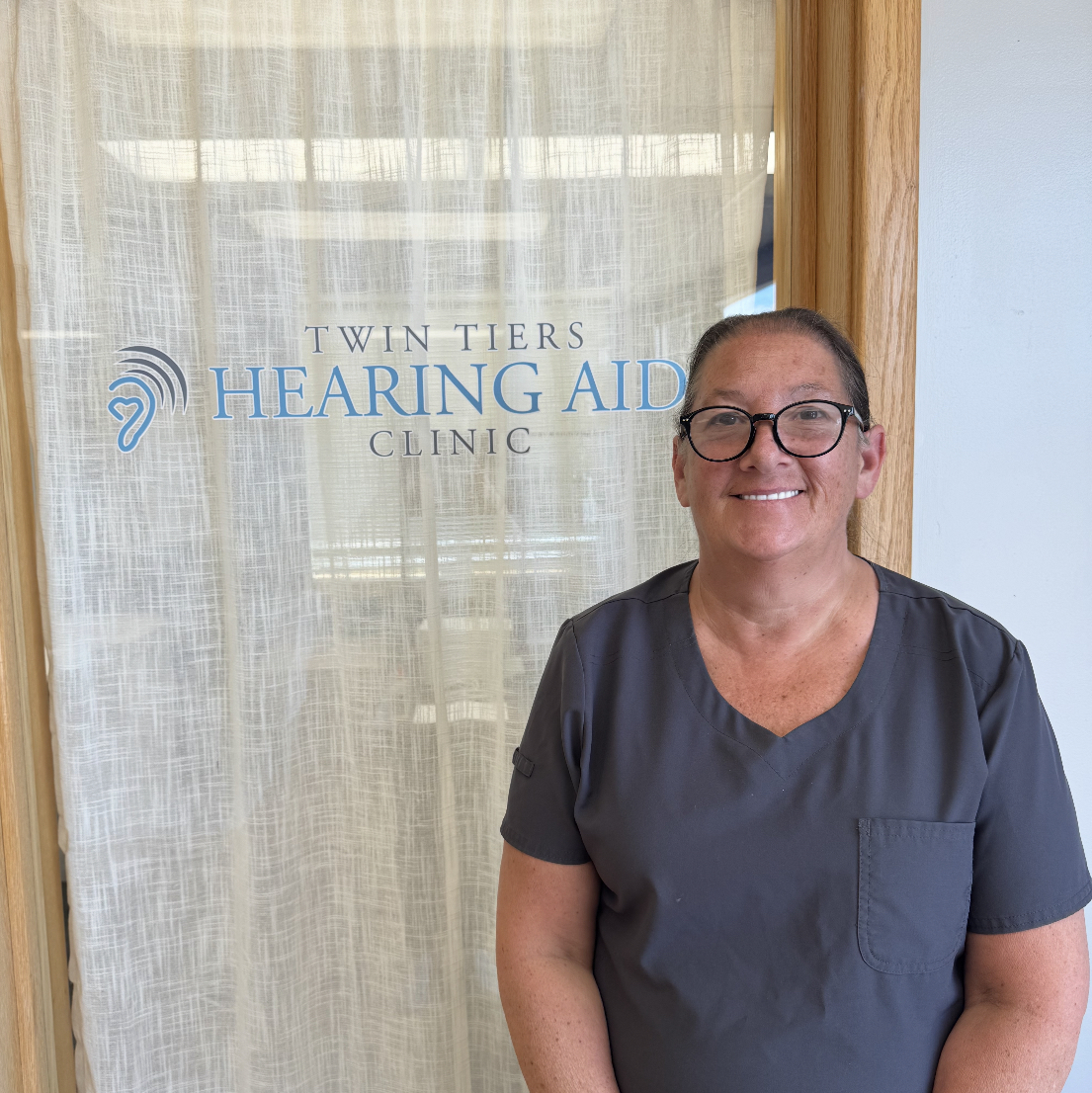
Ever notice the ringing in your ears getting louder just as allergy season hits? It’s not unusual. For many people with tinnitus, the arrival of spring or fall doesn’t just mean more sneezing and congestion—it can also amplify the buzzing, hissing, or humming in the ears. While the connection between allergies and tinnitus might not be immediately obvious, a closer look reveals a clear pattern.
Allergies trigger inflammation throughout the upper respiratory system, including the sinuses, nasal passages, and Eustachian tubes. These tubes link the middle ear to the back of the nose and throat, helping to balance ear pressure and drain fluid.
When allergies cause swelling or blockages in this area, it can create a feeling of fullness, mild hearing changes, or even an increase in tinnitus. For those who already experience ringing regularly, allergy-related congestion can noticeably turn up the volume.
Seasonal allergies often increase mucus production, which can affect the inner ear. If fluid builds up or ear pressure isn’t properly equalized, the inner ear may struggle to function normally. For people with tinnitus, this can make the sounds more persistent or louder than usual.
Some even find their tinnitus is more pronounced when lying down, due to changes in sinus pressure or blood flow—both of which can be influenced by allergies.
It may seem natural to treat allergies to ease tinnitus, but over-the-counter antihistamines and decongestants can sometimes affect the ears themselves. While some individuals find relief, others notice that these medications actually worsen their ringing.
If you try a new allergy treatment and see a sudden increase in tinnitus, it’s worth discussing with your doctor or audiologist. Adjusting your medication or exploring alternatives may help protect your hearing while keeping allergy symptoms under control.
While you can’t stop pollen from spreading, you can take steps to reduce the impact on your ears:
For those whose tinnitus is particularly disruptive, working with an audiologist on strategies like sound therapy or hearing aids can make a meaningful difference.
If your tinnitus spikes during allergy season, or you notice changes in hearing, persistent pressure, or discomfort, scheduling a hearing evaluation is wise. What seems like a seasonal annoyance could indicate a more significant issue, and a professional assessment can clarify the cause and guide next steps.
Allergies don’t just affect your nose—they can influence your ears too. If your tinnitus tends to worsen with high pollen or sinus congestion, you’re not alone. Recognizing the link between allergies and tinnitus is the first step in managing symptoms effectively and staying comfortable throughout the season.
© 2025 Ear to Hear. All Rights Reserved | Privacy Policy | Website by Beeman Marketing

Lori is currently the patient care coordinator at Ear to Hear in Elmira, NY & has been with us since 2020. She is absolutely wonderful & enjoys talking with our current patients and getting to meet new ones!

Benjamin and Estelle have been coming to work since they were 12 weeks old. They love greeting patients with excitement, hoping for some attention in return. They love sitting on everyone's lap and getting pet. There have been many opportunities for Benjamin and Estelle to be a comfort to those patients who come into our clinics for the first time feeling nervous. The dogs give them a sense of calmness and make them feel more at home.

Melissa has recently joined Ear to Hear as our Patient Care Coordinator for the Auburn and Geneva offices. She is a graduate from Cayuga Community College with an associate's degree in Humanities and Social Sciences. Having a foster son who is deaf has allowed her to become an active part of the hearing-impaired community in which we live in. This has sparked an interest in her to help others along their hearing journey while re-connecting them with their loved ones and the world. Melissa currently resides in Wolcott, NY and enjoys spending time with her family and friends.

Brittany has a younger brother who was born with hearing loss and has worn hearing aids since he was 18 months old. She grew up helping him take care of his hearing aids as well as helping him with his education. Brittany is a graduate from Cayuga Community College with a bachelor's degree from SUNY Oswego in English and went into the education field working with children who have disabilities and some, like her brother, have hearing loss. Brittany's brother is her WHY for her entering the hearing health industry as her career. Due to her love for him, she has always had a passion to help the hearing impaired and that is what brought her to Ear to Hear. Brittany is excited to bring more awareness to our patients on how hearing health, tinnitus and the brain are all related. When she is not at work, Brittany stays busy with her twin daughters and enjoys spending time with her family and dogs in Red Creek NY.

Adrienne is a Board-Certified NYS licensed hearing instrument specialist who started in the hearing health care industry as a PCC. She later became a provider and then eventually became a clinic owner. Adrienne opened Twin Tiers Hearing Aid Clinic in Corning, NY in 2021 with a second location in Elmira NY. She later acquired Ear to Hear located in Auburn and Geneva, NY and later added The Hearing Aid Shop in Bolivar NY. Adrienne is excited to bring her excellent service and patient centric care to her clinics. She feels that hearing is the pathway to many of life’s great connections, and she finds joy in helping others find those important connections again. Adrienne currently resides in Horseheads NY with her family and dogs.